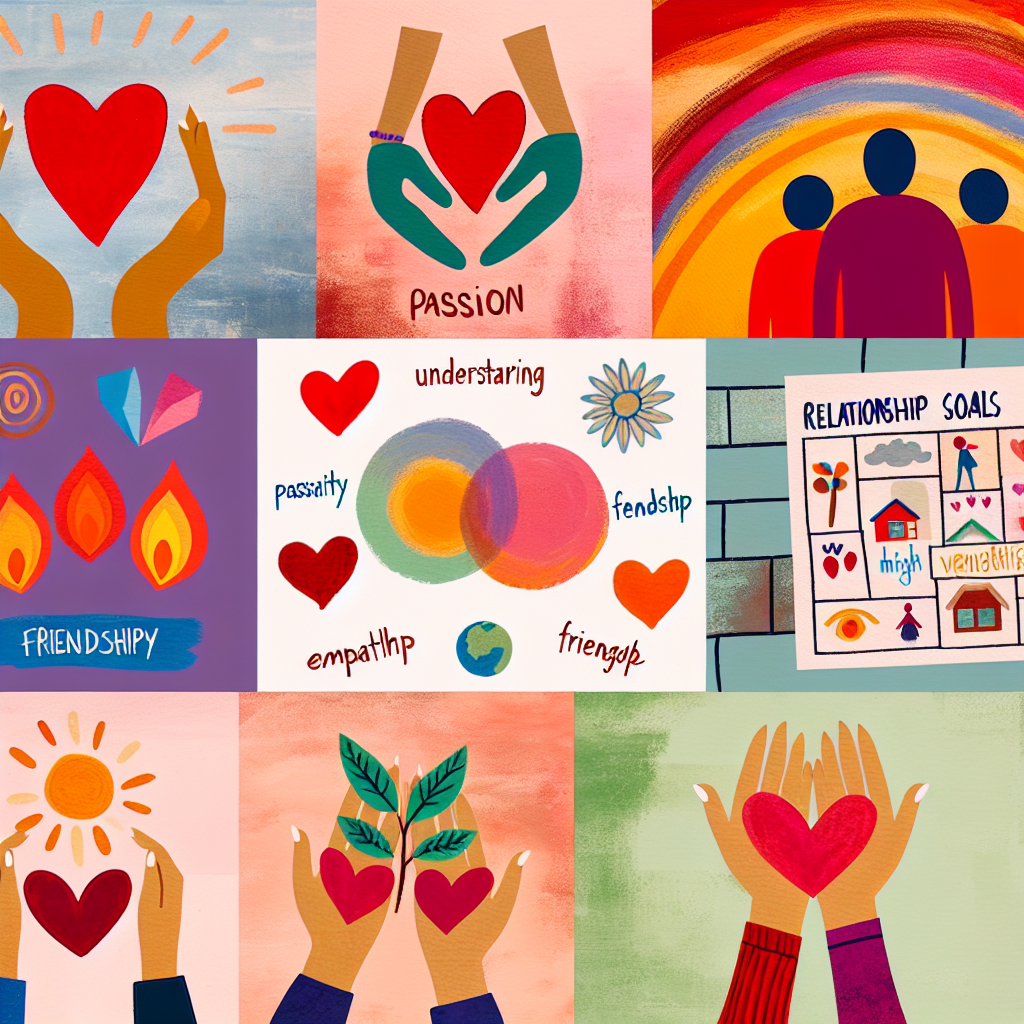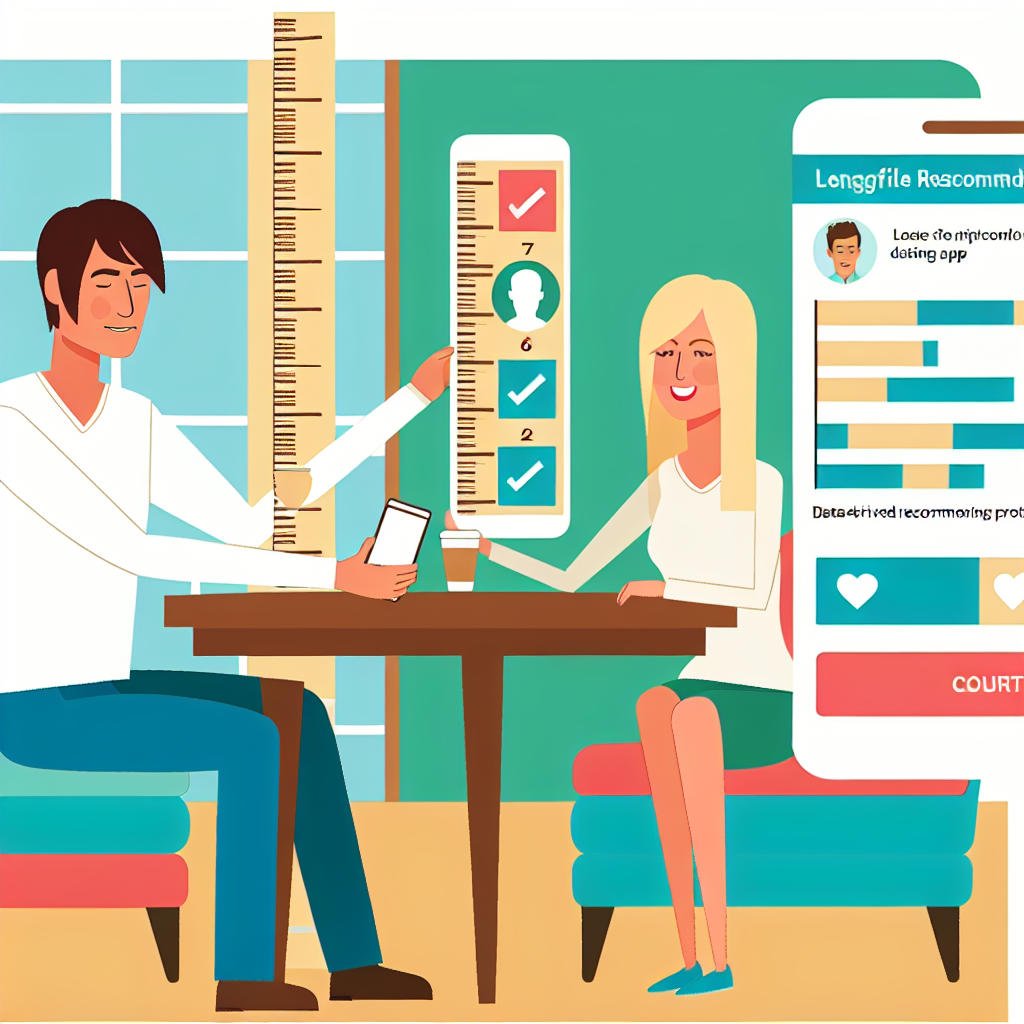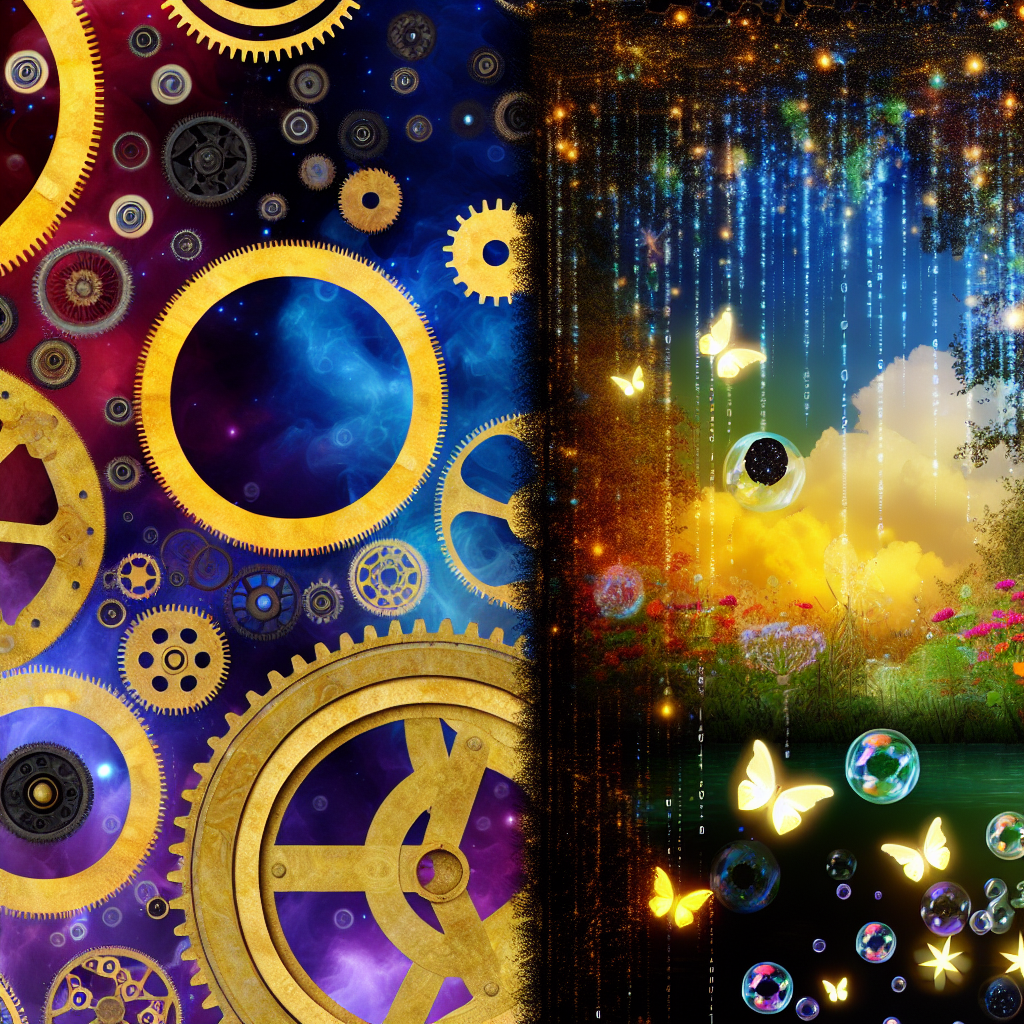Dating After Narcissistic Abuse: Healing and Trust Rebuild
Dating after narcissistic abuse is not just challenging — it’s a journey that requires time, introspection, and healing. Whether you’re 18 or navigating love in your 80s, the emotional aftermath of being in a toxic relationship with a narcissist can linger long after the breakup. Narcissistic abuse is a subtle yet profoundly damaging form of emotional control, leaving survivors confused, isolated, and drained.
This article is your guide to understanding what makes recovering and rebuilding so complex — and how to approach dating again with self-respect, awareness, and renewed confidence.
Understanding Narcissistic Abuse: A Silent Emotional Wound
Narcissistic abuse involves manipulation, gaslighting, and ongoing emotional invalidation. Over time, these toxic behaviors lead survivors to question their reality, lower their self-worth, and feel emotionally defeated.
Gaslighting — one of the narcissist’s most insidious tools — causes victims to doubt their memory, interpretation of events, and even sanity. This mental disorientation can deeply erode self-trust, which is absolutely essential when choosing new partners.
Reclaiming your identity after such abuse isn’t just about forgetting the past. It’s about untangling the lies, recovering your inner truth, and forging a healthier, self-empowered path forward.
The Fear of Dating Again: Why Survivors Struggle with Trust
For many survivors, dating again feels like stepping into a minefield. There’s the fear of falling into another abusive dynamic, the guilt of moving on, and the nagging self-doubt about whether you’ll ever be able to spot red flags in time.
Today’s digital dating world — from swipe-based apps to niche matchmaking services like HitchMe — offers many options, but also many risks for those still emotionally recovering. Survivors are especially vulnerable to love-bombing, trauma bonds, and idealizing unhealthy partners.
The good news? Awareness is half the battle. By refining your boundaries, learning the signs of emotional manipulation, and healing your inner voice, you can return to dating with clarity and power.
The Science of Healing: What Experts Say About Recovery
Modern psychology has taken major steps in understanding the long-term trauma caused by narcissistic abuse.
- A 2020 study published in the Journal of Psychological and Behavioral Science found that survivors often experience symptoms similar to complex PTSD, including emotional numbness, hypervigilance, and diminished self-worth.
- Dr. Ramani Durvasula, a leading expert in narcissistic relationships, notes that many struggle with romantic pessimism and learned helplessness even years after leaving the relationship.
- A 2018 study in the Personality and Individual Differences Journal found that narcissistic abuse impacts attachment styles — making survivors more likely to develop anxious or avoidant relationships.
Fortunately, research shows that targeted healing approaches do work. Cognitive Behavioral Therapy (CBT), trauma-informed therapy, and group counseling can significantly improve mental health outcomes and help survivors regain emotional balance.
Building a New Dating Blueprint: Boundaries, Self-Trust & Empowerment
Healing doesn’t stop at therapy — it extends into how you approach future connections. To date safely and meaningfully after narcissistic abuse, focus on reestablishing your relationship with yourself.
Here are key healing strategies to embrace before and during your return to dating:
- Set non-negotiable boundaries: Clearly define what is acceptable and what isn’t — and stick to it.
- Validate your intuition: If something feels off, trust that feeling rather than dismissing it.
- Focus on values over validation: Choose partners who align with your emotional needs, not ones who simply offer attention or excitement.
- Take your time: There’s no rush. Healing is not linear, and building real trust takes patience.
- Connect with others: Join survivor communities or work with dating coaches trained in trauma-informed methodologies.
You Are Worthy of Real Love
Healing after narcissistic abuse may feel like an uphill battle — but it’s also your path back to joy, intimacy, and true connection. Dating doesn’t have to be fear-based. With self-awareness, emotional support, and time, you can meet love from a place of clarity rather than codependency.
Whether you’re just stepping out of a toxic partnership or have been rebuilding quietly for years, know that you deserve safe, sincere, and respectful love. And it starts not with another person — but with the way you choose to love and value yourself first.
References & Additional Reading
- Journal of Psychological and Behavioral Science – Study on Narcissistic Abuse and PTSD
- Dr. Ramani – Narcissistic Abuse Recovery Insight
- Personality and Individual Differences Journal – Attachment Styles Post Abuse
- Clinical Psychology Review – CBT Effectiveness in Emotional Recovery
If this article resonated with you, feel free to share it with someone you know who may be on their own path to rediscovery. Healing is a shared journey — let’s walk it together.
Concise Summary:
Dating after narcissistic abuse is a complex journey that requires time, introspection, and healing. This article guides survivors through understanding the impact of narcissistic abuse, overcoming the fear of dating again, and building a new dating blueprint centered on boundaries, self-trust, and empowerment. The path to real love starts with self-care and the belief that you deserve healthy, respectful relationships.

Dominic E. is a passionate filmmaker navigating the exciting intersection of art and science. By day, he delves into the complexities of the human body as a full-time medical writer, meticulously translating intricate medical concepts into accessible and engaging narratives. By night, he explores the boundless realm of cinematic storytelling, crafting narratives that evoke emotion and challenge perspectives. Film Student and Full-time Medical Writer for ContentVendor.com



